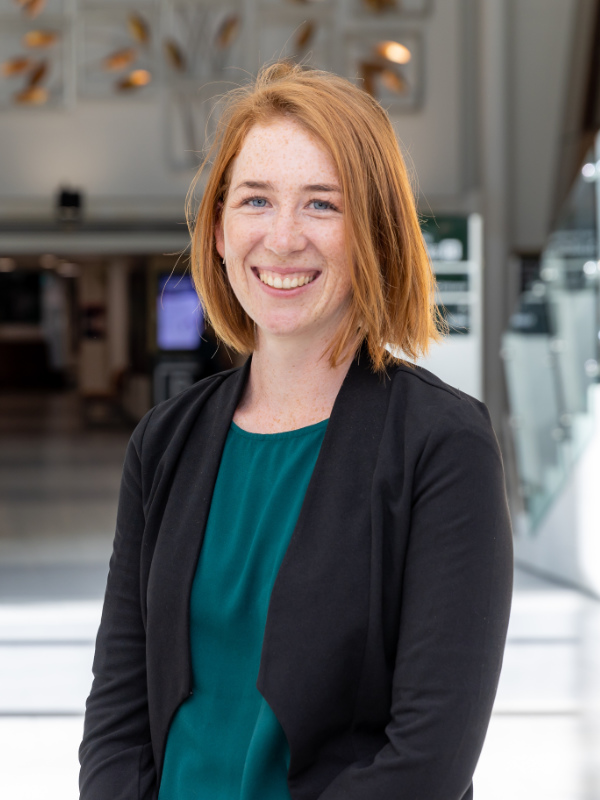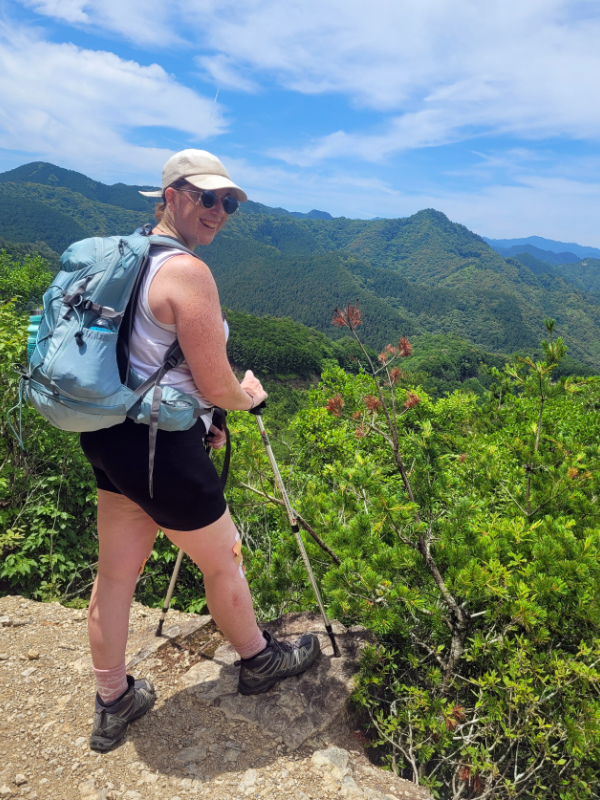Amy Dennett, Exercise Implementation Working Group
Dr Amy Dennett is a Senior Research Fellow at La Trobe University. Amy trained as a physiotherapist before moving into full-time academia. Her PhD focused on improving physical activity levels in cancer survivors through oncology rehabilitation. She is committed to translating research into practice and has led the development of many exercise rehabilitation programs in Victoria, as well as the web-based Cancer Exercise Toolkit.
Amy joined COSA in 2017 and is a member of the Exercise Implementation Working Group. She said, “To improve exercise implementation in oncology you need access to a multidisciplinary group. COSA has enabled me to reach outside of the physio community and provided important links to boost my translational research efforts.”
Amy’s current research is focused on implementing different models of care within health services to improve access to exercise and physical activity support to people with cancer. She co-authored an article on Oncology Rehabilitation in Australia: A National Survey Update published in the Asia Pacific Journal of Clinical Oncology in August.
“This study looked at hospital-based programs, both public and private. We found exercise-based oncology rehabilitation programs in Australia more than doubled in the last decade, but access to programs remains poor."
“COSA’s position statement has had a huge impact on awareness among consumers and health administration, especially in the area of prehabilitation. Twenty percent of respondents attributed the establishment of their programs to the position statement. Prior to the statement you rarely heard mention of prehabilitation.”
“We have oncologists and medical specialists advocating for exercise programs. We wouldn’t have these groups advocating for exercise programs without the position statement.”

“COSA’s position statement has had a huge impact on awareness among consumers and health administration, especially in the area of prehabilitation. ...
Amy said there are still lots of barriers to implementation. “In 2015, the main barrier to exercising was that people didn’t know it was beneficial. Oncologists were recommending rest not activity. Now the main barrier is resources for exercise programs. We need funding for sustained programs.”
“We need consumer voices. We need to hear from people who have been helped on their journey through exercise programs. There are strong consumer voices in breast cancer, where the broad benefits of exercise have been well established. And, in prostate cancer too.”
“We need now to be looking at the cancer surgery space, at colorectal cancer and upper gastrointestinal cancer, as well as pancreatic, blood, ovarian and other gynaecological cancers.”
“The Exercise Implementation Working Group has developed an action plan to work out the next steps in implementing the COSA Position Statement. We have mapped out where the gaps are and will be breaking into smaller groups with allocated tasks to move our plan forward.”
It is no surprise that when Amy is not at work, she is physically active. “Physios are not good at sitting around,” she said.
Amy is a keen netballer. Her preferred position is goal attack, but after too many injuries she has moved to goal shooting. She also enjoys hiking. She has walked more than 100 kilometres of the Larapinta Trail in the Northern Territory, and recently did a seven-day trek in Japan.
“I walked the Kumano Kodo trail with a colleague. This is a beautiful pilgrimage trail with lots of onsens along the way. It rained a lot. It was hot and sticky and the terrain was steep and rocky, but you would emerge from the trees, and the vista views were spectacular. You could see the coast and islands.”
Unfortunately Amy is missing the COSA ASM in Adelaide in November. “COSA and the physio [APA] conference are at a similar time each year. So I attend every second year. COSA is a really good conference. All the exercise people really do get together and share ideas.”
